Indigenous wealth creation ‘a chance to share responsibility’
Yawaru leader Peter Yu says Anthony Albanese’s economic solution for Aboriginal Australia will help disadvantaged communities move away from their reliance on government welfare.
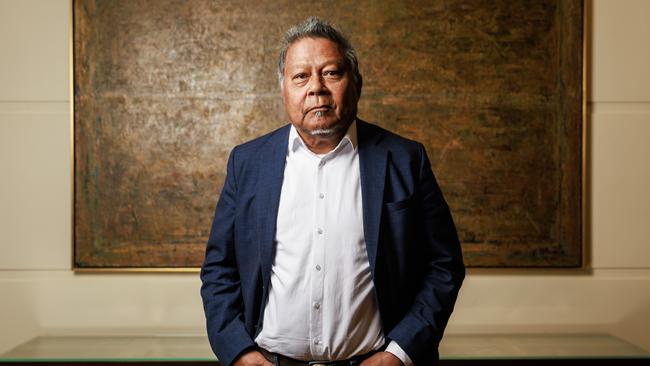
The Prime Minister’s economic vision for Aboriginal Australia is a chance for the most disadvantaged Indigenous people to start sharing responsibility and risk rather than waiting to see what government will provide, according to the Yawaru leader Peter Yu.
Professor Yu’s proposal to shift government spending in Indigenous communities away from welfare and into wealth creation has inspired Labor’s next steps in Indigenous policy.
Mr Albanese discussed the plan at the Garma festival on Saturday, saying his government would smooth the path for investors and developers, companies and job-creators to work with communities.
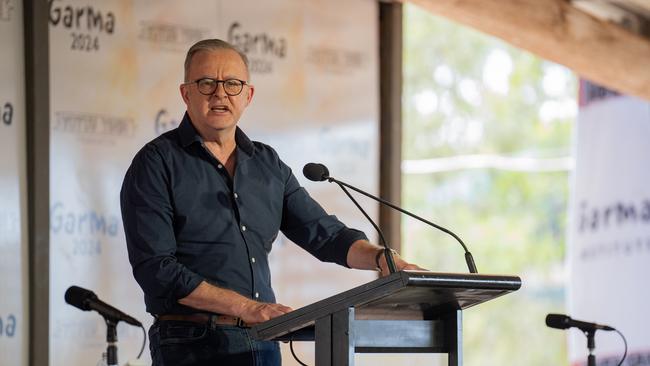
Professor Yu and the Australian National University oversaw research for the proposal, then he formed an Indigenous economic alliance with a clear interest in renewables projects.
On Saturday Professor Yu told The Australian that Indigenous communities wanted to move in the direction of private enterprise but they needed help to get started.
“So rather than always thinking about what the deficit position is or what the government is going to be providing – because governments are never going to be able to provide enough – (it’s) us as First Nations peoples being able to share the responsibility and share the risk and the shared benefit,” he said. “But it will take the time, it’s not going to happen overnight.”
Mr Albanese received a warm welcome at the Garma festival, the annual celebration of Yolngu culture that began at Gulkula in northeast Arnhem Land on Friday and finishes on Monday.
So far in the speeches at Garma there has been no mention that the commonwealth is in a high-stakes court battle with the Yolgnu over land rights and compensation.
The Australian government’s decision to allow bauxite mining on the lands of the Gumatj clan of the Yolgnu people in 1968 is a watershed moment in Australian history. The Gumatj objected in the Yirrkala bark petitions now hanging in Parliament House and later lost the Gove land rights case in court.
However this led to a royal commission and the nation’s first land rights legislation.
In the final years of his life, Gumarj clan leader Yunupingu won the right to fight for compensation for his people over the mine. As a young man he had been a court interpreter for his elders in the original Gove land rights case.
Yunupingu, recognised as one of the most influential Australians, died in April 2023.
Six months later the commonwealth was granted special leave to appeal the late Gumatj leader’s case.
The battle returns to court next week.
In front of the Prime Minister at Garma on Saturday, Yunupingu’s brother Djawa Yunupingu – who succeeded him as chair of the Yothu Yindi Foundation – delivered a powerful speech about his people’s strength and resilience in the wake of the defeat of the voice referendum. “Ladies and gentleman, last time I spoke here at Garma, I spoke with a determination that I would stand here this year, with my people anchored in the Australian Constitution,” he said. “With a voice. And with a say in the future of the great Australian nation … that this land would stand comfortably in the Constitution and that Yolngu people would not wish to throw the Constitution into the sea.
“But we do. Deep down we do.
“And we feel the hurt of rejection just like you would if you asked us to accept you and we refused. Or we played dumb and said we didn’t understand the question you were asking.”
Mr Yunupingu said his people would renew themselves and rise again.
Looking to Mr Albanese, Mr Yunupingu said: “And Prime Minister we want you to rise with us. You told us you were serious and you were,” he said.
“You stood with us. Like us, you are hurt by the loss. But you are here. Standing with us again.”


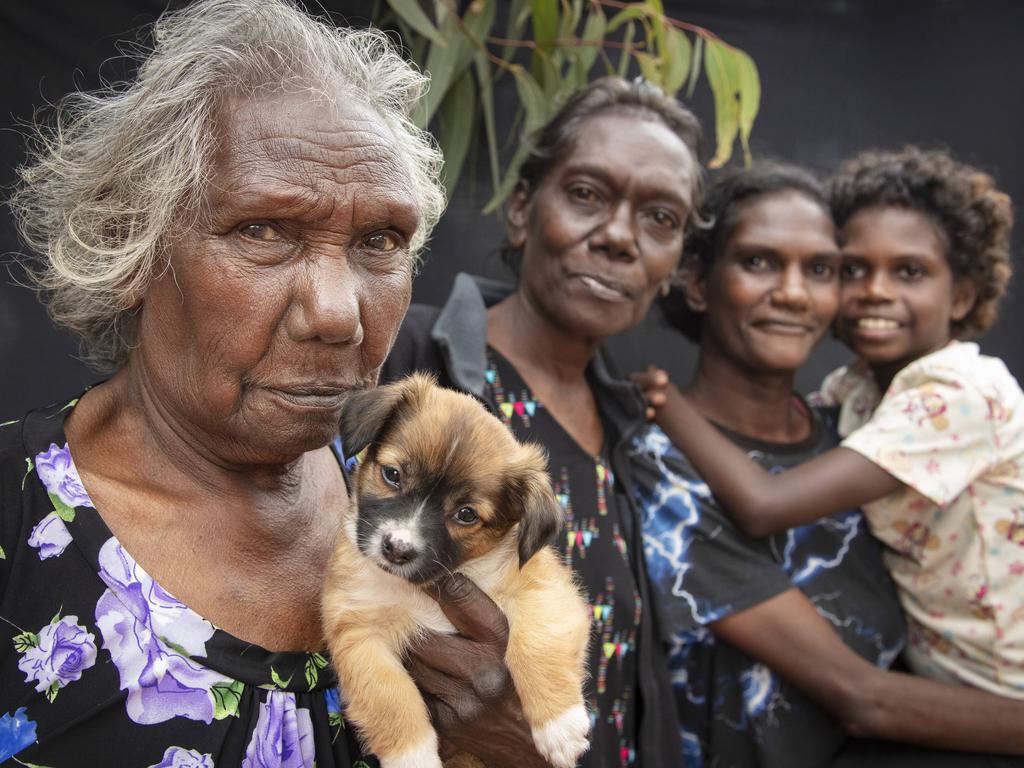
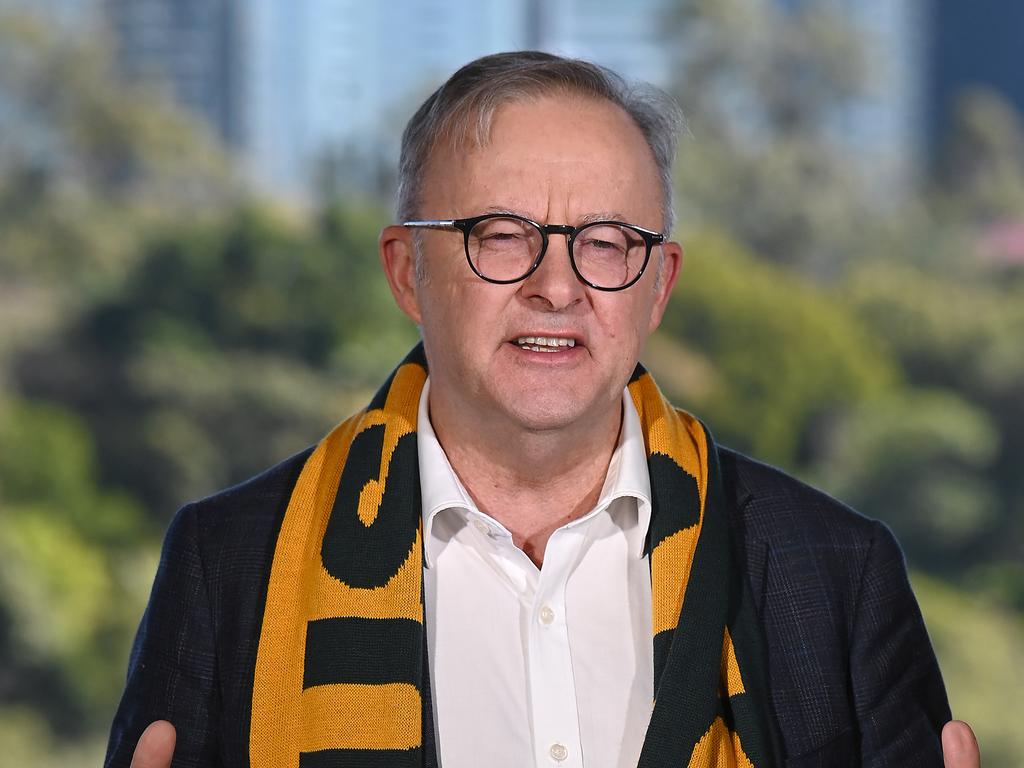
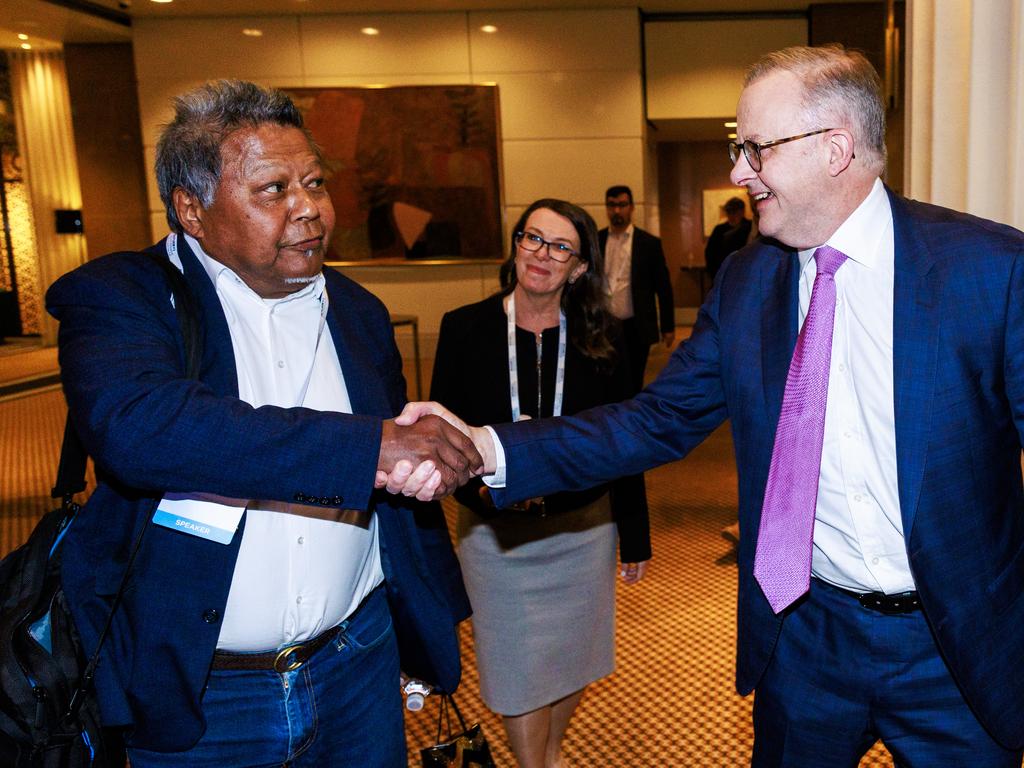


To join the conversation, please log in. Don't have an account? Register
Join the conversation, you are commenting as Logout